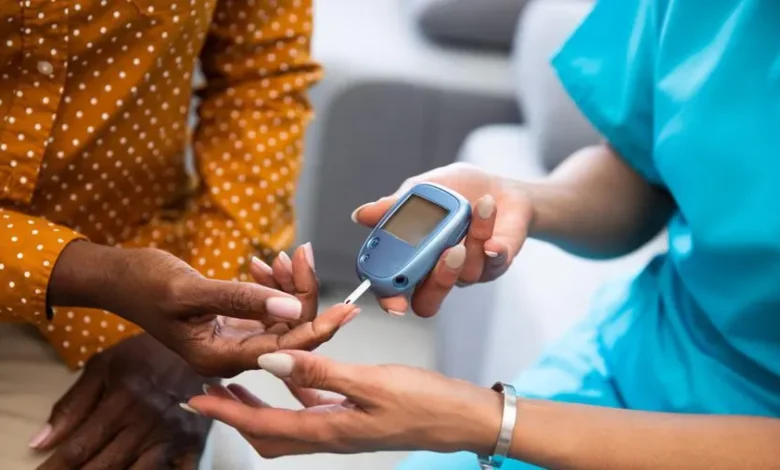Does the risk of Type 2 diabetes rise with less sleep?
Researchers found that the risk of type 2 diabetes increased by 16% for those who slept for five hours, 41% for people who slept for three to four hours, and 41% for people who slept for seven or eight hours

Data analyzed from the UK Biobank suggests that people who sleep less than six hours a night remain at higher risk of getting type 2 diabetes.
Type 2 diabetes is a condition that happens because of a problem in the way the body regulates and uses sugar as fuel. That sugar is called glucose. This long-term condition results in too much sugar circulating in the blood. Eventually, high blood sugar levels can lead to disorders of the circulatory, nervous, and immune systems.
According to earlier studies, individuals who experience sleep deprivation frequently have elevated levels of inflammatory markers and free fatty acids in their blood, which reduce insulin sensitivity and eventually cause insulin resistance. This raises the risk of type 2 diabetes because it indicates that the body has difficulty using insulin as intended to control blood glucose levels.

In addition, those who sleep irregularly (like shift workers) or insufficiently sleep suffer from disturbances in the circadian cycle, which is the body’s natural rhythm.
Hormones including cortisol, glucagon, and growth hormones may be affected by this. These hormones are produced throughout the day to accommodate the body’s fluctuating energy requirements and typically maintain a healthy balance of blood glucose.
UK Biobank, a large biomedical database that serves as a global resource for health and medical research. They analyzed information from 247,867, following their outcomes for more than a decade.
The Study
The study aimed to determine if a nutritious diet mitigated the negative effects of short sleep on the risk of type 2 diabetes as well as the relationships between sleep length and diabetes.
Participants in the UK Biobank were asked an approximate number of hours of sleep each day as part of their participation in the study. The average sleep duration was seven to eight hours, which is regarded as typical. Three categories were identified for short sleep duration: mild (six hours), moderate (five hours), and excessive (three to four hours). The sleep data was analyzed in conjunction with dietary data collected from participants.
During the follow-up period, type 2 diabetes was identified in about 3.2% of the individuals. Healthy eating was linked to a decreased overall risk of diabetes, but compared to those who slept normally, those who ate healthily but slept fewer than six hours a day had a higher risk of type 2 diabetes.
Researchers discovered that those who slept for five hours had a 16% increased risk of type 2 diabetes, while those who slept for three to four hours had a 41% greater risk than those who slept for seven or eight hours.
One drawback is that the study’s definition of a healthy diet was based on how many portions of fish, vegetables, red meat, and fruit each individual ingested over a day or a week. It did not, however, take into account the potential effects of dietary patterns on the risk of diabetes in those with lower sleep quality, such as the Mediterranean diet or time-restricted eating.
Furthermore, the amount of sleep and food that each participant had was only recorded at the time of enrollment, so these details may alter during the research. The writers are aware of these restrictions.
How to prevent this?
A healthy lifestyle includes getting adequate sleep, which may lower the risk of type 2 diabetes.
Seven to eight hours of sleep appears to be the sweet spot when it comes to diabetes risk, based on this study and further data. However, other variables, such as individual variations in sleep quality and lifestyle, may also affect the association between the amount of sleep and the risk of diabetes.
A large body of research indicates the advantages of a balanced diet for general health, even though the results of this study cast doubt on the possibility that a good diet might lessen the negative effects of sleep deprivation on the risk of diabetes.
You might also be interested in – Having early dinner before 7pm increases your lifespan by upto 35% and reduces risk of obesity, diabetes


